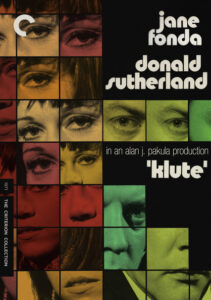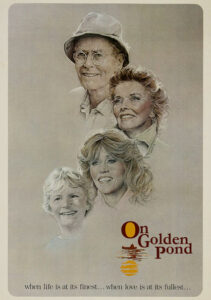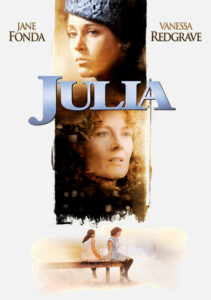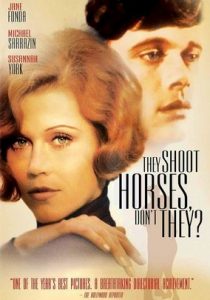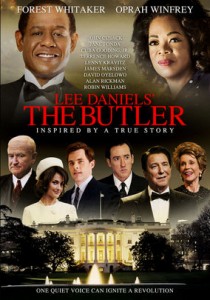Klute-1971
Director Alan J. Pakula
Starring Jane Fonda, Donald Sutherland
Top 250 Films #234
Scott’s Review #1,351
Reviewed March 12, 2023
Grade: A-
I’ll gladly watch any film Jane Fonda appears in especially early treats like They Shoot Horses, Don’t They (1969), Coming Home (1978), and On Golden Pond (1981), but Klute (1971) trumps them all.
Fonda plays a prostitute, one with intelligence, manipulation skills, and deep introspective thought. Teamed with Donald Sutherland who has quiet cool, the duo sink their teeth into a taut psychological thriller chasing a serial killer.
The inventive part is that the film is hardly a whodunit but uses long sequences of calm dialogue and little editing breaks making it stand out with great style and substance.
Bree Daniel (Fonda), is a New York City call girl who becomes absorbed in an investigation into the disappearance of a business executive. Detective John Klute (Sutherland) is hired to follow Bree and eventually begins a romance with her.
Klute is not the only one on Bree’s trail. A killer is on the loose having killed two prostitutes that Bree is friendly with. They must figure out the deadly puzzle before it’s too late.
Fonda plays Bree wonderfully. Gorgeous and well-dressed, Bree is aching to leave the business and launch an acting or modeling career but she continues to strike out on both fronts. Fonda assures the audience that Bree is smart and uses her smarts to get the best of the men she beds.
During several scenes where she chats with her shrink, we learn a great deal about Bree and the workings of her mind. While she cringes at a dull life of being married and darning socks, she also craves stability and self-worth.
She aptly embraces her lifestyle but on her terms. When briefly jaded by a pimp played by Roy Scheider, I cringed because Bree is better than that.
I only wanted to learn a bit more about Bree’s childhood and how she wound up as a call girl but at the same time, the mystique works well. The ambiguity only makes Bree more complex.
Pre-conceived notions or sub-par writing might have had the character dubbed the overdone ‘hooker with the heart of gold’ title but there are no cliches to be found.
Written by the team of Andy and Dave Lewis, and directed by Alan J. Pakula, they construct a complex film with equal focus on the intriguing serial killer pursuit and the workings of its lead female character.
Surprisingly, the men achieve both goals. In later years the screenplay might have been written by a female but it’s impressive how boldly they write Bree.
The character of Klute is also well-written. Similarly shrouded in mystery, we know that the investigator is the strong silent type and falls for Bree hook, line, and sinker. Has he been married? Does he have kids? Why the fascination with Bree?
He only mirrors the audience as we become equally smitten with her. The fact that he knows the killer is icing on the cake and adds rich texture to the storytelling.
The other facets of Klute are strong from a technical and location perspective.
The interior sequences, mostly of Bree’s apartment building, are superior, with dull lighting and an eerie musical score to set the proper mood. Downsizing from Park Avenue, Bree has a decent Manhattan apartment but with dated appliances and unflattering lighting.
The exterior New York City location shots are fun to look at and for a native tri-state area resident to identify various neighborhoods.
Early 1970s New York City was not a pretty site and the Wall Street area and garment district where the riveting action culminates are terrific.
Delightful is the scene involving Jean Stapleton as a no-nonsense secretary. Forever remembered as Edith Bunker on the television series All in the Family, it’s great fun seeing her in Klute and remembering she appeared in films before her television success.
Klute (1971) is a taut, superior thriller that sometimes is a bit too complex but that scores a winning run with its marriage of a character study and intelligent writing.
Thanks to Fonda and Sutherland, and a screenplay that bravely goes left of center when it easily could have gone straightforward, Klute is a memorable piece of cinema.
Oscar Nominations: 1 win-Best Actress-Jane Fonda (won), Best Original Screenplay
